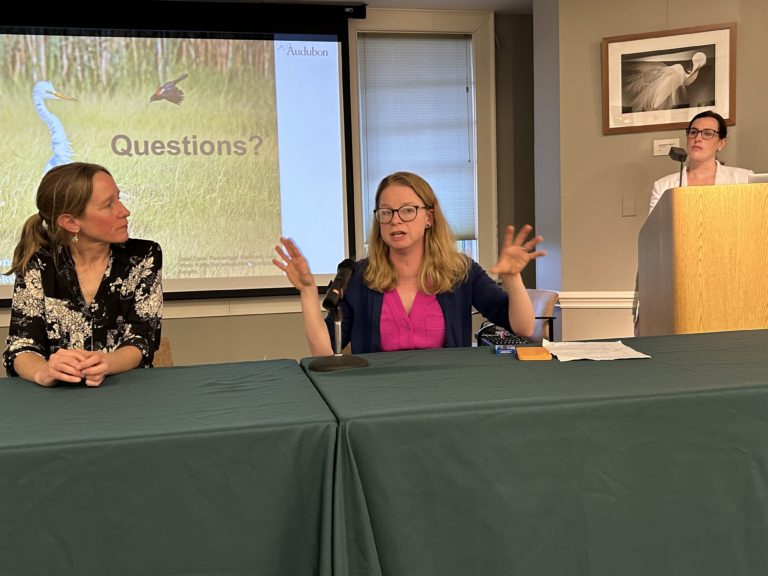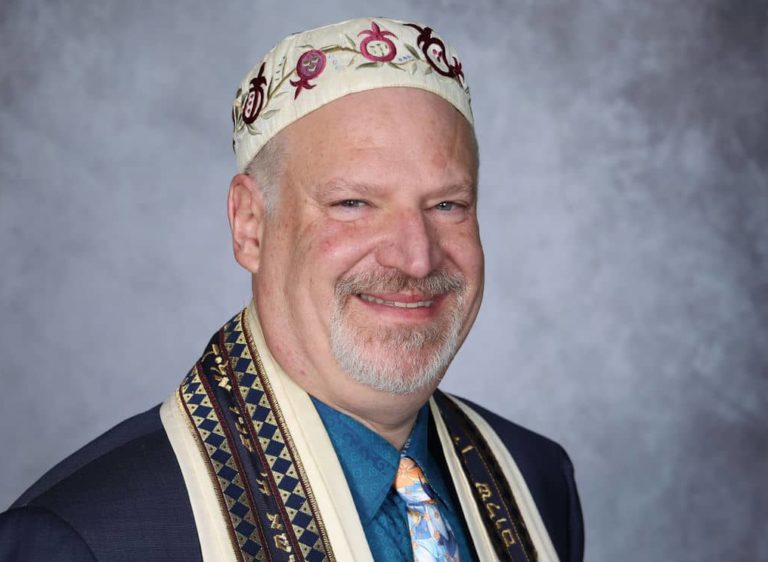By Andrew Williams
If we confess our sins, He is faithful and just to forgive us our sins and to cleanse us from all unrighteousness. (1 John 1:9)
Sin is a verb. It is something that we perform or engage in. Paul reminds us, “…for all have sinned and fall short of the glory of God.” (Romans 3:23). But sin is also a noun – a dominion under which humanity exists. Paul also wrote, “Are we Jews any better off? No, not at all. For we have already charged that all, both Jews and Greeks, are under sin…” (Romans 3:9). Sin is, therefore, not so much a collection of individual misdeeds but an active, malevolent agency bent on the undoing of God’s purposes in the world and in our lives.
Fleming Rutledge points out, “Our misdeeds are the signs of that agency at work; they are not the thing itself.” Sin is not something we merely commit; it is something that we are in. Jesus said, “Truly, truly, I say to you, everyone who practices sin is a slave to sin.” (John 8:34). As slaves, we are, therefore, in need of deliverance: to be liberated by a greater power.
Suffice to say, that in this indeterminate season of quarantine, I have had a generous opportunity to pause and discern my sin. All of this has led to some very sincere and unreserved repentance in which I must trust Jesus’ finished work on the Cross in receiving His forgiveness. God has told us, “The sacrifices of God are a broken spirit; a broken and contrite heart, O God, you will not despise.” (Psalm 51:17)
The question that remains is, have I forgiven myself? In other words, how is it possible that we can have a robust head knowledge of the grace of God (complete with scriptures and a thorough soteriology) but spectacularly fail to fully receive God’s mercy and so forgive ourselves? To this predicament, C.S Lewis wrote, “I think that if God forgives us, we must forgive ourselves. Otherwise, it is almost like setting up ourselves as a higher tribunal than Him.” To which I say, Amen and yet, (if I am really honest) I still wake up most mornings and wonder who I need to apologize to.
The New Testament states unequivocally that Jesus Christ came and died as an atoning sacrifice for our sins and for the overcoming of the dominion sin. With reference to both, Paul assures us, “And you, who were dead in your trespasses and the uncircumcision of your flesh, God made alive together with him, having forgiven us all our trespasses, by canceling the record of debt that stood against us with its legal demands. This he set aside, nailing it to the cross. He disarmed the rulers and authorities and put them to open shame, by triumphing over them in him.” (Colossians 2:13-15). It is the grace of God that is the means of our forgiveness including the moment when we recognize we need to repent! The quarantined breakthrough when we recognize our own collusion with the power of sin, is the exact same moment when we realize that we are already standing within God’s grace. Only by the light of Jesus’ grace can I recognize the power of sin lodged within me.
So, standing in so much grace, how do we practically apply the Lord’s forgiveness to ourselves?
C.S Lewis wrote, “I think that if God forgives us, we must forgive ourselves. Otherwise, it is almost like setting up ourselves as a higher tribunal than Him.” We have mapped out three practical ways to apply the Lord’s forgiveness, with the caveat that these three principles work when it comes to guilt and remorse, except when they don’t. There is something the three magnificent points cannot touch and that is “shame” of the toxic variety. This is the kind of shame that moves us further away from God rather than closer to Him to receive His forgiveness. And toxic shame needs to be healed.
How does the Lord heal our shame?
a) With Mercy: Shame is mercy-less. The enemy takes the worst images, cherry picks the moments that degrade and defile us, and then repeatedly thrashes us with them. Even if we sense that somehow the Lord may have forgiven us for a particular act or omission, shame leaves us with the sense that we are just the sort of person who would do this sort of thing. “Shame on you!”, we hear in our thoughts. And so we imagine that the Lord feels the same way about us that we do. We imagine that if all this really came into the light, He would throw up His arms in disgust and reject us. The truth is that He does throw open His arms – not to reject us, but to embrace us. He sees our shame and He has mercy for us.
The Cross was for our forgiveness, but, in His mercy, the cross was also to cover our shame. Jesus went to the place of shame – outside of the city, crucified naked as an outcast. This was the ultimate public shaming. “…fixing our eyes on Jesus, the pioneer and perfecter of faith. For the joy set before him he endured the cross, scorning its shame, and sat down at the right hand of the throne of God.” (Hebrews 12:2) On the cross, Paul reminds us, “How much more, then, will the blood of Christ, who through the eternal Spirit offered himself unblemished to God, cleanse our consciences from acts that lead to death, so that we may serve the living God!” (Hebrews 9:14). The Lord’s desire is to embrace, cover and cleanse us from our shame.
b) With Compassion: And as He embraces us and covers our shame, we apprehend His compassion. We suddenly understand that He knows the pain of our fear. We all have skeletons in the cupboard (or closet) – every one of us. We think, “The truth is worse than what they know…” But God has no joy in exposing our past secrets. He has no desire to embarrass you. In His embrace, we recognize that we are living under His smile. This is the Father who truly sees us. “She [Hagar] gave this name to the Lord who spoke to her: ‘You are the God who sees me,’ for she said, ‘I have now seen the One who sees me.’” (Genesis 16:13) And more than this, He allows us to see ourselves as He sees us. Our Heavenly Father says, “My child, look at yourself through My eyes. You have nothing to be ashamed of because My Son has taken all your shame upon Himself – so that you will never have to.”
As the Lord heals our shame with mercy and compassion, and as His light dawns in the darkest recesses of our hearts, we catch sight of ourselves through His eyes. Max Lucado wrote, “Your eyes look in the mirror and see a sinner, a failure, a promise-breaker. But by faith you look in the mirror and see a robed prodigal bearing the ring of grace on your fingers, the kiss of your Father on your face.”
And when toxic shame is healed and we are released from its clutches, it is so much easier to apply those three magnificent principles of His forgiveness:
1) Don’t accept guilt over what you have sincerely and unreservedly confessed to God.
2) Having sincerely and unreservedly confessed, hold your head up high as if you never sinned in the first place and therefore have nothing to be ashamed of.
3) Boldly and unashamedly, ask God to bless you even though you know you don’t deserve it.
The current befuddlement you may be experiencing, with a renewed sense of the operation of sin in your lives is, in reality, an answer to your prayer for more grace. Only by the light of His grace can we recognize the power of sin lodged within us. This is about our shame leading us to expect rejection but instead being met by God’s embrace. When allowed to penetrate fully, God’s loving embrace speaks to the deepest strata of our souls and displaces our self-hatred, shame and fear of rejection and takes us through the night into the daylight of His truth.
“Do not be afraid, for I have redeemed you; I have called you by your name, you are mine. You are precious in my eyes because you are honored and I love you…the mountains may depart, the hills will be shaken, but my love for you will never leave you and my covenant of peace will never be shaken.” (Isaiah 43:1, 4; 54:10).




